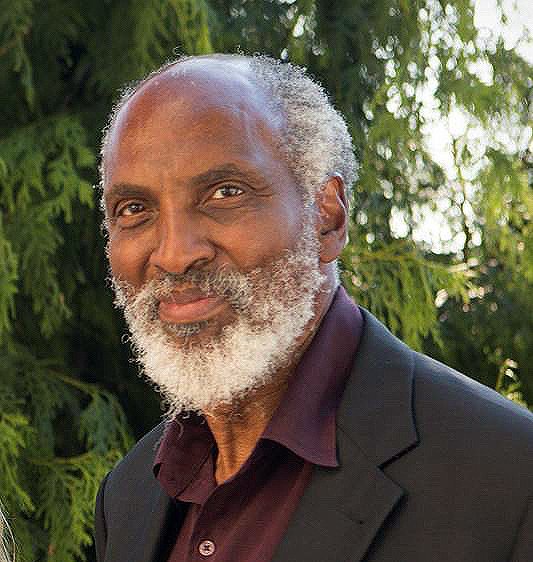
john a. powell
A co-Founder at Seed Collaborative, john a. powell is an internationally recognized expert in civil rights, civil liberties, structural racism, housing, poverty, and democracy. He is currently the Director of the Othering & Belonging Institute (OBI) at the University of California, Berkeley, where he holds the Robert D. Haas Chancellor's Chair in Equity and Inclusion and is a Professor of Law, African American Studies, and Ethnic Studies. Recently, john authored the books Belonging without Othering: How We Save Ourselves and the World (co-authored with Stephen Menendian, Stanford University Press, 2024) and The Power of Bridging: How to Build a World Where We All Belong (Sounds True, 2024).
Prior to his time at OBI, john was the Executive Director of the Kirwan Institute for the Study of Race and Ethnicity at The Ohio State University and, before that, the founder and director of the Institute for Race and Poverty at the University of Minnesota. john formerly served as the National Legal Director of the American Civil Liberties Union (ACLU). He is a co-founder of the Poverty & Race Research Action Council and serves on the boards of several national and international organizations. He has taught at numerous law schools including Harvard and Columbia University. john has also lived and worked in Africa, where he was a consultant to the governments of Mozambique and South Africa, and has worked in India and Brazil.
Over his many decades of leadership, john has published extensively on issues including structural racism, racial justice, concentrated poverty, opportunity-based housing, voting rights, affirmative action in the United States, South Africa, and Brazil, racial and ethnic identity, spirituality and social justice, and the needs of citizens in a democratic society. He regularly appears in major media offering insights on a host of issues and is a frequent keynote speaker at institutions ranging from global foundations to universities, boardrooms to democratic institutions. john led the development of an "opportunity-based" model that connects affordable housing to education, health, health care, and employment, and is well-known for his work developing the frameworks of "targeted universalism" and "othering and belonging" to effect equity-based interventions.

